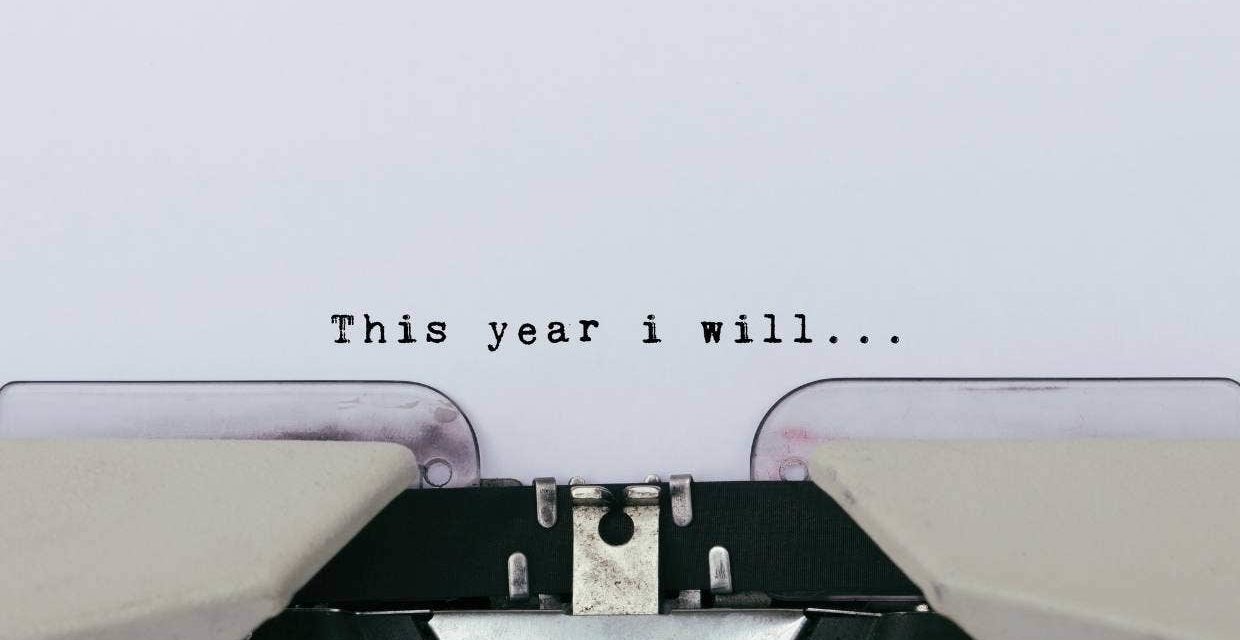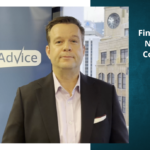Author Katrina Shanks, CEO Financial Advice NZ Article originally published in Stuff.co.nz.
The message for 2023 seems to be that it’s going to be a harder year than 2022 as inflation and mortgage interest rates keep rising.
As they say, inflation affects everyone, but it will be particularly hard for those on low or fixed incomes, as food and fuel prices continue to rise, and for those who mortgages are due for renewal.
There will less disposable income, and basically, the squeeze will go on even harder as everyone’s dollar buys even less. So, how do we lessen the impact of what’s coming?
Survival obviously should be top of mind, but keeping half an eye on the future is important as well, because we will get through this and want to take advantage of whatever upturn follows.
If you’re into New Year’s resolutions, I have some ideas you might want to consider.
Create a budget and stick to it
I know many of you will just yawn and go “we have heard this all before”. But be honest, did you have a budget last year and did you hold yourself accountable? Do you really know where all your hard-earnt money went?
Tracking your spending can help you understand where your money goes and makes it easier to identify areas where you can cut back. Write down all your essential fixed expenses, rent/mortgage, groceries, transport, power, subscriptions, insurances, internet, mobile phones, and then you can see how much you have left. Spend on what you need first, then on what you want later.
Eliminate bad spending habits
Examine your spending to see if you can eliminate some of your bad habits. Things like avoiding sales.
Spending sprees are a habit you need to break if you’re to succeed with a budget to get through. If there’s something you really like, try a cooling-off period. Put 24 hours between you and your purchases to give you time to have a think about if you really need it. Try shopping with a list and sticking to it. Avoid credit if you can, because in the long run this could make things worse.
Pay off those credit cards
If you can afford to do this, it will make future payments smaller, giving you more disposable income. If possible, pay them off inside the interest-free period (usually 55 days) and don’t add any new ones if possible. If you must add to your credit card debt, the least you should do is not miss a scheduled regular payment.
Follow the specials
Whether it be for your weekly groceries or other items, it always pays to shop around, and it seems 2023 would be the ideal time to get into this habit.
If you have time, follow the grocery specials to do your shop. This is much easier if you live in a city, where competing supermarkets are usually quite close to each other.
Cook more meals at home
This is one of the big trends to come out of the pandemic and may be something you’re still doing. It can also help seriously with budgeting.
It’s not only a much cheaper way to eat but it can also be fun, and can be made easier by using one of the boxed delivery services, where you simply heat meals in the microwave or prepare the meal yourself using the supplied ingredients services.
Save more
There are many ways of doing this, but one of the easiest is to automate savings into a separate account. This means you never see them, so it’s as if you never had them – they just keep building up.
Even a tiny bit put away regularly adds up. The important thing is to set up a savings regime, however small. And it’s a good way to start that emergency fund that you hear so much about but have never really activated.
Review your insurances
Make 2023 the year when you review all your insurances, including house, contents, health, and income. If you need to cut down on your premiums, you can increase the excess you pay in the event you make a claim.
If you are paying the first $500, consider paying the first $1000 instead and watch your premiums drop, maybe by several hundred dollars a year. Or get a quote from another insurance company and see if they can offer you a lower premium.
Insurances protect you when something goes wrong so think hard before you make any changes.
Refinance your mortgage or pay it off faster
Look for a lower rate, but if you’re on fixed there will likely be a penalty to break it. Or another bank with a lower rate may offer a cashback that will cover your break fee.
Paying it off faster can be as easy as switching from monthly to fortnightly payments or making extra lump-sum payments that come off the principal. Keep your payments the same when rates drop.
Check your investments
Check your investments are working hardest for you. If you have money in the bank, they’re in the safest place, and will be slowly earning more interest. Riskier investments such as shares, foreign exchange, cryptocurrencies, and even property is what you may want to get some expert advice on. And are they suitable for your life stage?
If you’re young, you might want to take more risk because you have more time to recover from your losses. If you’re nearing retirement, you will likely want to take less risk because you’ll need your money sooner.
Health-check your KiwiSaver
The biggest factors in determining how financially comfortable you’ll be in retirement are how well your fund is performing and the fees you’re paying. The best way of determining both is to compare them with other funds, and see if you can pay more into it.
The key actions for the way 2023 is shaping are to do a budget and stick to it, and to shop around.
As always, when making financial decisions, whether it be about savings plans, budgeting, mortgages or investing, seeking independent advice from someone tested and tried in the particular field is best.
As my financial adviser would say – following through with even just one of these will give you a more comfortable and secure future for 2023 and beyond.








